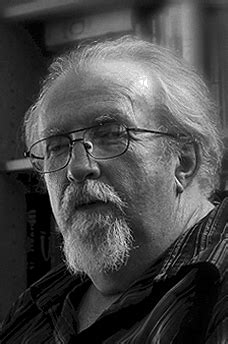A Quote by May Sarton
Related Quotes
As my friend Jeremy Gilbert-Rolfe has argued persuasively, there is an element of positivity in the visible world, and in color particularly, that totally eludes the historicity of language, with its protocols of absence and polarity. The color red, as an attribute of the world, is always there. It is something other than the absence of yellow and blue--and, thus, when that red becomes less red, it becomes more one or the other. It never exists in a linguistic condition of degradation or excess that must necessarily derive from our expectations.
Annihilation has no terrors for me, because I have already tried it before I was born -a hundred million years -and I have suffered more in an hour, in this life, than I remember to have suffered in the whole hundred million years put together. There was a peace, a serenity, an absence of all sense of responsibility, an absence of worry, an absence of care, grief, perplexity; and the presence of a deep content and unbroken satisfaction in that hundred million years of holiday which I look back upon with a tender longing and with a grateful desire to resume, when the opportunity comes.







































